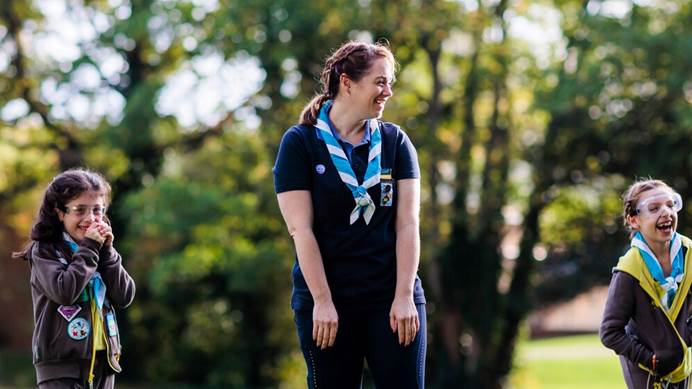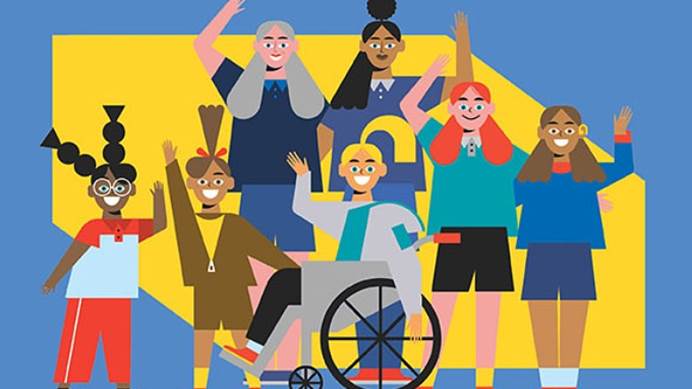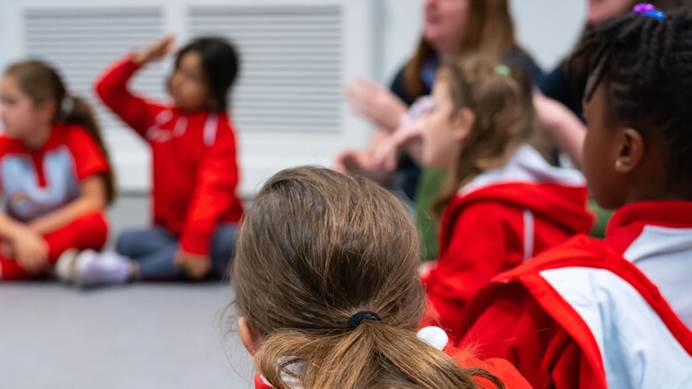6 New Year celebrations around the world
The coming of a new year is celebrated with different dates and traditions around the world. Why not explore them throughout the year?
Let the countdown commence
Parties, Auld Lang Syne, early morning walks or hiding under the duvet? Everyone has their preferred way to ring in the new year. And all around the world there are hundreds more unique ways to mark the changing of the calendar too.
Your celebrations don’t have to end on the 1 January though. Take a look at our list below for our pick of new year's traditions from around the world. Share these with your girls to celebrate when you next meet in January. Or explore different new years all the way through 2019.
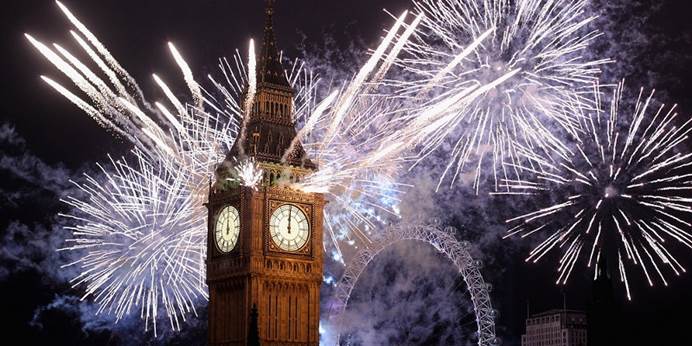
Celebrate Colombian style
Colombia has lots of fun and unusual New Years’ traditions. Among our favourites are carrying an empty suitcase around the block in the hope of a travel-filled new year. Or how about starting the New Year on the right foot - literally. Take your first step after midnight with your right foot in order to fill your New Year with positive vibes.
Why not ask girls if their family or friends have any special New Year traditions?
Chinese New Year
In 2019 Chinese New Year falls on the 5 February – beginning the year of the pig. Traditionally families get together for a reunion dinner, windows and doors are decorated with red paper-cuts and money is gifted in red paper envelopes. In the northern regions of China, dumplings are a big part of celebration meals - yum!
Chinese New Year is celebrated all around the world too. London’s Chinatown comes alive with red lanterns, colourful parade floats and dragon dances. Have a go at making your own dancing Chinese dragon.
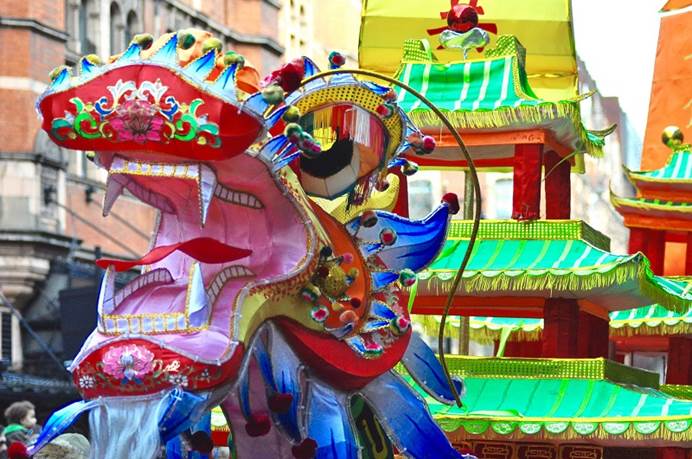
The “old” new year
The New Year lots of us are most familiar with – 1 January – is the first day of the Gregorian calendar. But the “old” new year – the 14 January according to the old Julian calendar – is still celebrated in some parts of the world (often in addition the 1st, meaning you get a second go at celebrating!). In Russia it’s celebrated with family and folk traditions, like singing carols and telling fortunes. In Macedonia it’s tradition to eat home-made pita with a coin inside. Whoever finds the coin has luck for the year.
Hogmanay
The Scots word for the last day of the year, Hogmanay is celebrated in Scotland with meals, music, fireworks, fireballs and much more. The tradition of first-footing involves being the first person to cross the threshold of a friend or neighbour after midnight, bringing with you a symbolic gift such as salt, coal, shortbread or black bun (a rich fruit cake). The first-foot sets the luck for the coming year. Could you have a go at making your own black bun?
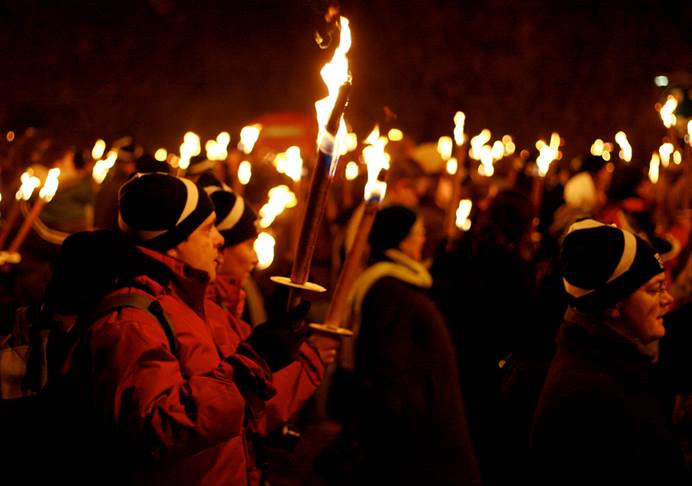
Enkutatash in Ethiopia
Enkutatash, meaning 'gift of jewels' is the first day of the New Year in Ethiopia. It takes place on 11 September (or the 12th on a leap year) and is based on the Ethiopian calendar. It’s also the end of the rainy season ans the start of spring so is met with dancing and singing and traditional bouquets of yellow flowers.
Rosh Hashanah
Rosh Hashanah, also known as Jewish New Year, literally means the "head [of] the year". In 2019 it’ll be celebrated between sunset on 29 September and nightfall on 1 October.
Symbolic food is eaten including apples dipped in honey to symbolize a sweet new year, or pomegranates to symbolize being fruitful like the pomegranate with its many seeds.
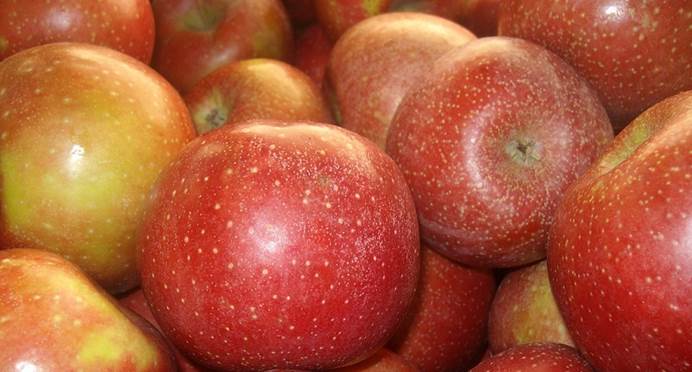
Learn more about traditions
Girls can explore their own traditions and culture - and deepen their understanding of others - with the Reflect skills builder.
